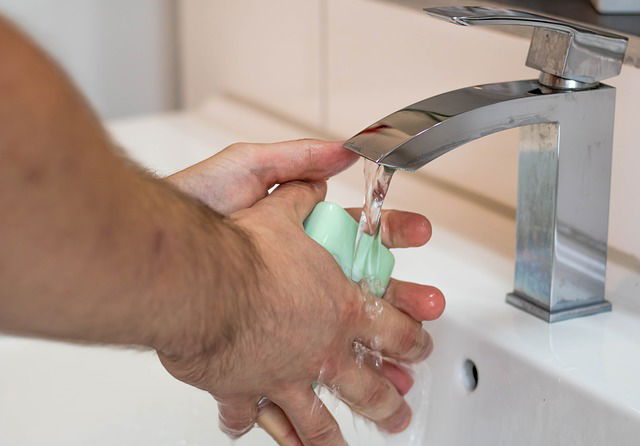
In a new study, researchers found deep brain stimulation could reduce symptoms of obsessive-compulsive disorder (OCD) strongly.
The research was conducted by researchers at University College London and the University of Cambridge.
People with OCD usually have unwanted intrusive thoughts and repetitive rituals. The disorder can cause lots of troubles in everyday life.
Previous studies found that in severe cases, people with OCD are unable to leave their home because they fear contamination.
OCD is linked to cognitive rigidity, which means the patient cannot adapt to new situations or new rules.
Currently, one treatment for OCD is cognitive behavior therapy called “exposure and response prevention”.
In the treatment, people with OCD are asked to touch contaminated surfaces, such as a toilet, but not allowed to wash their hands.
Doctors also use medications selective serotonin reuptake inhibitors, or SSRIs, to treat the disorder.
However, treatments cannot help many patients.
In the current study, the team examined if deep brain stimulation could help treat OCD when other treatments fail.
They compared the effects at two different brain locations – the subthalamic nucleus (STN) and ventral capsule (VC) – in the same six patients. Both brain regions were found related to OCD.
The researchers found brain stimulation on both sites could help reduce OCD symptoms. The VC stimulation improved patients’ mood, while the STN stimulation improved cognitive flexibility.
The researchers suggest that brain stimulation in these two regions works on different brain circuits. Their brain imaging experiment supported the view.
The team suggests deep brain stimulation provides an opportunity to regain well-being and quality of life.
This is the first study directly comparing the effects of deep brain stimulation at two brain regions important to OCD.
The lead author of the study is Professor Eileen Joyce from the UCL Queen Square Institute of Neurology.
The study is published in Biological Psychiatry.
Copyright © 2019 Knowridge Science Report. All rights reserved.



